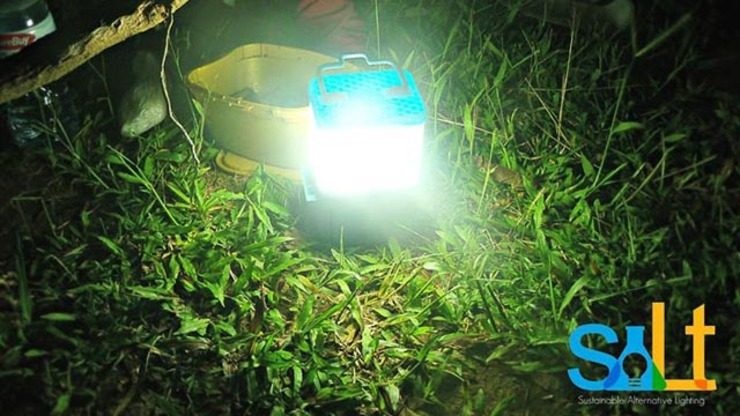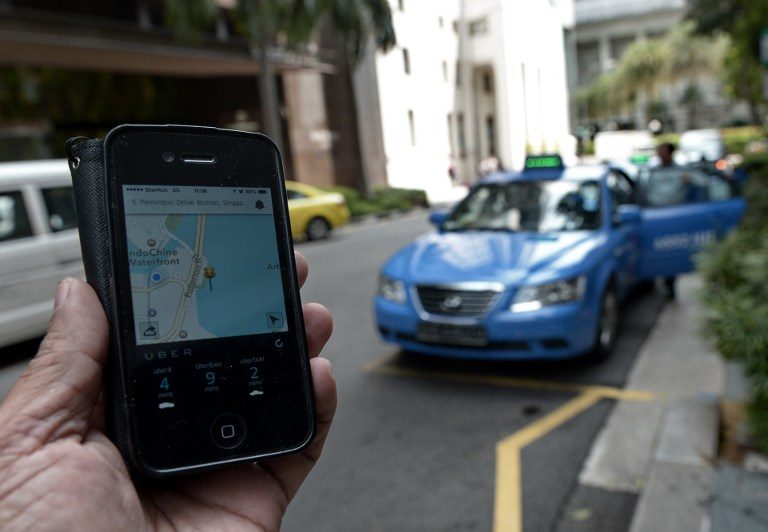SUMMARY
This is AI generated summarization, which may have errors. For context, always refer to the full article.

I can say one thing without a doubt: 2014 has been a great year for Philippine technology and entrepreneurship, and there are these companies that made the most impact.
You could, after all, rank companies according to a variety of intersubjective metrics, such as profits or users. Unfortunately, most of this data is confidential – it playing into business strategy – and a company’s stature in the press can oftentimes be misleading.
On the one hand, a company can make little noise in the media but is making tremendous waves in its industry. On the other hand, a company can be a media darling but is struggling to get any traction.
For this list, I thus focused on ventures that have publicly documented and nationally significant success, and from within this group, I picked those that, in my view, have had the most impact on their respective spaces.
In alphabetical order, my choices are:
Many pundits say that the Philippines is poised to become an Asian tiger for a variety of reasons, including the fact that we are an English-speaking country.
Thus, the country can be a testing ground or gateway to other markets in Southeast Asia. No company proved this idea better than Four Eyes this year.
Four Eyes is an online optical store, not unlike Warby Parker in the US, that features home try-on of eyeglasses and donates a pair to someone in need for every pair bought.
A little after raising more than $350,000 from Future Now Ventures, Kickstart Ventures, Wavemaker Partner, and other angel investors, the company expanded into Singapore.
While Singapore already has its share of online optical stores, Four Eyes looks to make a splash with its home try-on feature and its measurable social impact.
GrabTaxi

I remember attending the GrabTaxi launch in July, downloading the app shortly thereafter, and then finding few, if any, taxis in my area. This did not surprise me. As a taxi-hailing app, the company had the challenge of growing a marketplace from two ends – it needed to sign taxi fleets onto the GrabTaxi platform and somehow find users willing to avail of those newly-minted GrabTaxi cabs.
Of course, growing a two-sided market in somewhat lockstep is not an easy feat, but the Malaysian-based company has seemed to have taken to the task swimmingly. The firm – one could argue – is now the most visible tech startup in the Philippines.
It is hard not to be impressed by the numbers: in the Southeast Asian markets in which it operates, GrabTaxi has 500,000 users out of 2.5 million app downloads, and these users are serviced by more than 60,000 taxi drivers. Perhaps most astonishingly, there are 3 GrabTaxi bookings made every second.
Not surprisingly, GrabTaxi said that it is the market leader in more than 17 cities across Southeast Asia, including some in the Philippines. With a record-breaking $250 million Series D funding round, GrabTaxi only looks set to convert more cabs into its partner vehicles.

Among companies that have a strong social impact, one of the most promising to emerge in 2014 is Ideaspace Foundation’s SALt, which stands for sustainable alternative lighting. The company makes a saltwater powered lamp. SALt excites me because it is one of only a handful of companies truly targeting the people who stand to benefit the most from new technology – the saltwater powered lamp can potentially improve light access to millions of Filipinos and other people living off the grid around the world.
The world, too, has taken notice. SALt was selected to represent the Philippines in the Young Entrepreneurs Society competition in South Korea. The future of SALt fittingly appears bright.

It’s hard to predict who will eventually win the most market share in 3-way transportation battle among GrabTaxi, EasyTaxi, and Uber in the Philippines, but ride-sharing service Uber unquestionably scored one of the most impressive political (and public relations) victories this year.
Earlier this year, a sting operation conducted by the Land Transportation Franchising and Regulatory Board (LTFRB) slapped a P200,000 ($4,471.78) fine on one of Uber’s partner cars. The official rationale was that the partner car had no franchise to operate as a public vehicle.
When I first heard of this case, I immediately assumed Uber was simply going to have to bow down to the politics of a government still learning how to deal with gray areas brought on by new tech, so what happened next truly surprised me – people spoke out against the action.
While they did not necessarily take to the streets, they did air their grievances en masse out on social media. Amid the public pressure, the Metro Manila Development Authority (MMDA) called on the LTFRB to work with companies like Uber rather than against it. Even Senator Benigno “Bam” Aquino IV threw his weight behind Uber.
That there was such an outpouring of support for Uber is as much a testament to how much Filipinos like the ride-sharing service as to how much they would hate to see it fold under the weight of a political and legal standstill.

While Xurpas may not yet be a household name, it’s definitely known to any tech entrepreneur in the Philippines. The company, which creates digital products and services for mobile users and platforms for mobile operators, counting Smart Communications and Globe Telecom as two of its biggest clients, recently had an initial public offering (IPO) at the Philippine Stock Exchange (PSE).
By trading 344 million shares, which amounts to approximately 20% of its equity, Xurpas hopes to raise as much as P1.24 billion ($27.73 million*).
In his celebratory speech, Nix Nolledo** placed this successful IPO into a wider context. “Today is a victory for all technology startups in the Philippines,” Nolledo said, believing that Xurpas can be the first of many Philippine-based tech startups to make a splash globally. – Rappler.com
*$1 = P44.73
**Nix Nolledo also sits as a board member of Rappler
Rappler Business columnist Ezra Ferraz is also the chief content officer at ZipMatch, a tech company backed by Ideaspace Foundation, Hatchd Digital, IMJ Investment Partners, and 500 Startups. He brings you Philippine business leaders, their insights, and their secrets via Executive Edge. Connect with him on Twitter: @EzraFerraz
Add a comment
How does this make you feel?
There are no comments yet. Add your comment to start the conversation.